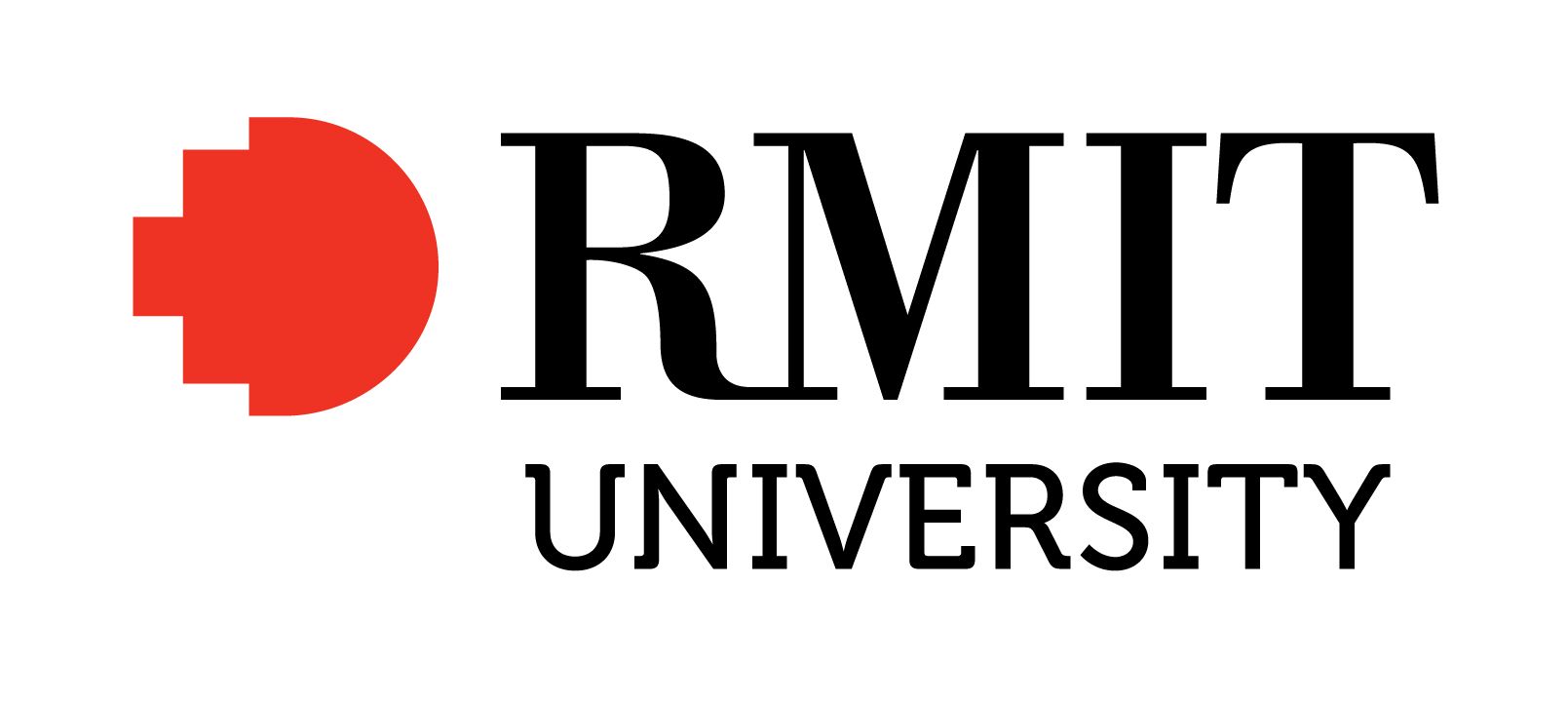Full description
Background: This project applied a digital mobile research methodology to investigate how Australian perceptions of distance & mobility have been reshaped by the global pandemic. Since the 1990s the mobilities turn in sociology has articulated the ways in which the 21st century was shaping up to be the most mobile century. As David Cairns et al. (2021) have noted: the global pandemic problematised types of corporeal travel creating what could be called an ‘immobility turn’. Australia’s geographic isolation, combined with long-term border closures and long urban lockdowns, makes site-responsive research into COVID immobilities particularly pertinent.
Contribution ‘Lisbon Dreaming’ is an intimate work comprised of four cross-stitched images from Google Street View and a 3.5min video which juxtaposes my memories of travel and connection with international strangers alongside photos of me walking through locked-down Melbourne carrying the textile works. In doing so, the research revealed how perceptions of Australia’s geographic proximity have always varied depending on people’s access to mobility and country of origin.
Significance: ‘Lisbon Dreaming’ was shortlisted for the Wangaratta Contemporary Textile Award and exhibited at the Wangaratta Art Gallery in 2021. It was one of three works in the exhibition selected as a featured work and supported by an artist talk. It will also be included as a visual essay in ‘Dystopian and Utopian Impulses in Art Making: The World We Want’ edited by Grace McQuilten and Daniel Palmer (2023).
Issued: 2021-01-01
Created: 2025-07-14
User Contributed Tags
Login to tag this record with meaningful keywords to make it easier to discover


